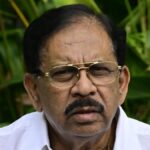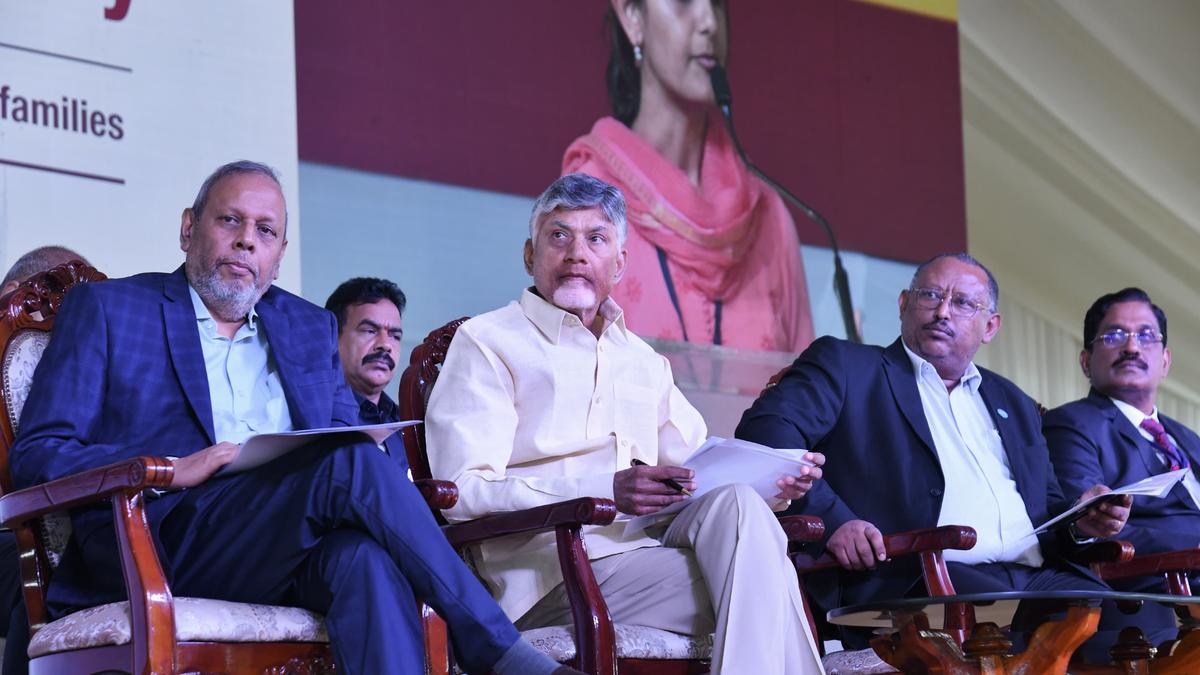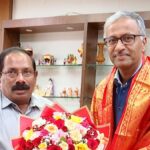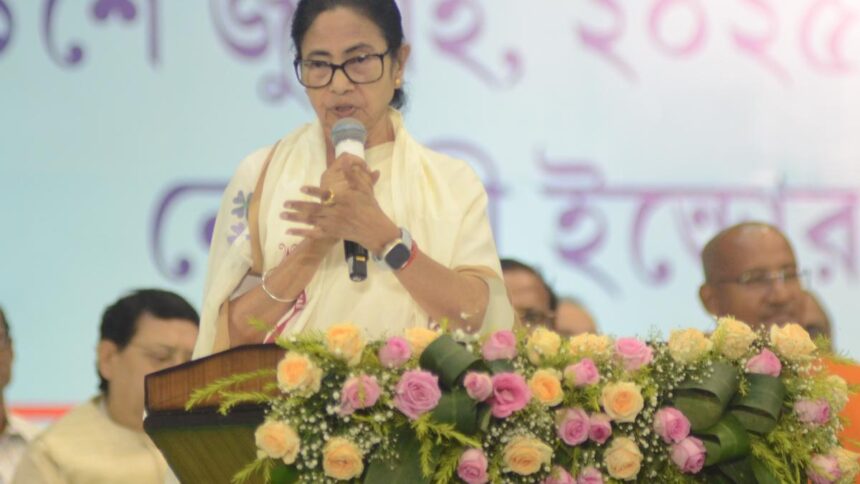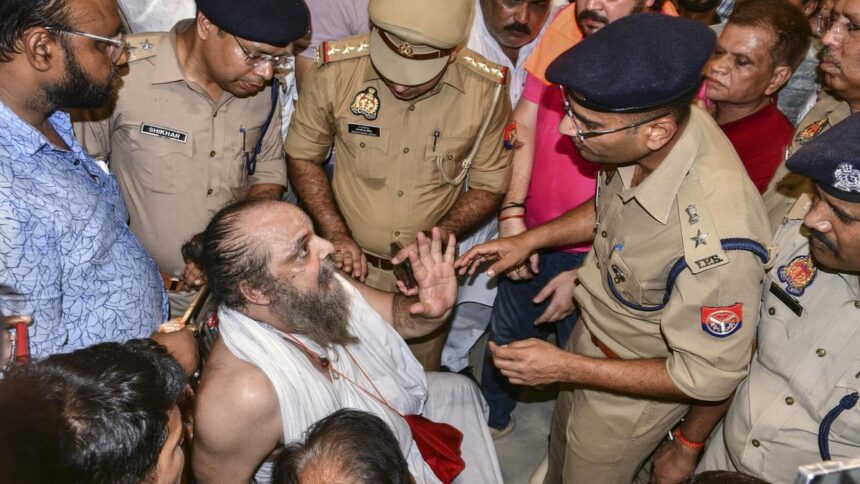Andhra Pradesh Chief Minister N. Chandrababu Naidu has said that the State has a sub-replacement fertility rate of 1.7, which, if unaddressed, can lead to economic slowdown, labour shortage, burden of geriatric care, and widening the urban-rural disparities.
The low fertility rate also raises concerns over long-term population sustainability, and the need for proactive social and economic planning. These concerns indicate the need for family support programmes, with focus on women and elderly care, upskilling, and balanced regional development.
“Besides, there is a need to tackle gender imbalances, teenage pregnancies, and rising prevalence of early hysterectomies. Action in these areas will require real-time data to effectively monitor fertility, aging, and migration patterns in the State,” Mr. Naidu observed while speaking as chief guest in the 1st Amaravati Summit on World Population Day, organised near the State Secretariat on Friday.
Policy soon
Mr. Naidu said while the standard replacement level of population was 2.1 children per woman, Andhra Pradesh had just 1.7, which was a matter of concern as it could fall well below that figure unless a proper population management system was implemented.
“It has to be increased to more than 2.1, for which a comprehensive policy, containing various incentives and necessary support systems, will be brought out soon,” he said.
“The days of family planning are gone. Today, more people in a household are like an asset. It is human capital in which we have to invest for the future,” he observed, asserting that population was India’s strongest economic asset.
He noted that India was able to compete with the developed countries by leveraging on the strength of its population of 1.40 billion, which surpassed that of China.
As on date, 1.8 billion people in the world were aged between 10 and 24, and countries with large populations were looked down upon in the past, but the developed nations were now compelled to look to populous countries.
Mr. Naidu expressed concern that the elderly population was increasing and that of the youth was coming down. As aging becomes an issue, growth stagnates, and even in the developed countries, fertility rates were falling sharply.
“When the total fertility rate slides below 2.1, the population will start declining. To maintain population equilibrium, a 2.1 rate is essential,” the Chief Miister insisted.
He pointed out that the rising cost of living was discouraging people from having children, and the once common joint families were disappearing. “Earlier, we used to provide five kg of rice per person in a household, which pegged the total quantity received by a family of five at 25 kg. Now we are thinking of giving more than 50 kg if there are 10 members in a family,” he said.
Parliament seats
Also, Mr. Naidu said there was a growing concern about the declining population in South India. “While the number of Parliament seats may increase in the future due to delimitation of constituencies, the Southern States can have reduced representation,” he opined.
Earlier, Mr. Naidu, S. Mahendra Dev, Chairman of the Economic Advisory Council to the Prime Minister, Zelalem Birhanu Taffesse, Chief of UNICEF Field Office for A.P., Karnataka and Telangana, Special Chief Secretary (Health, Medical and Family Welfare) M.T. Krishna Babu, Principal Secretary (Planning & Finance) Peeyush Kumar, and other dignitaries released the A.P. Government’s Draft Population Management Policy.
Published – July 12, 2025 02:30 am IST






